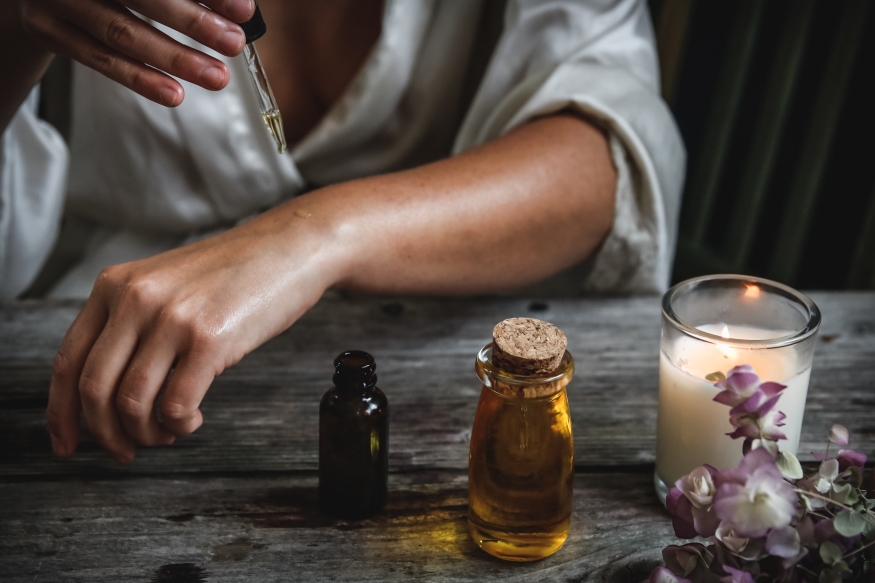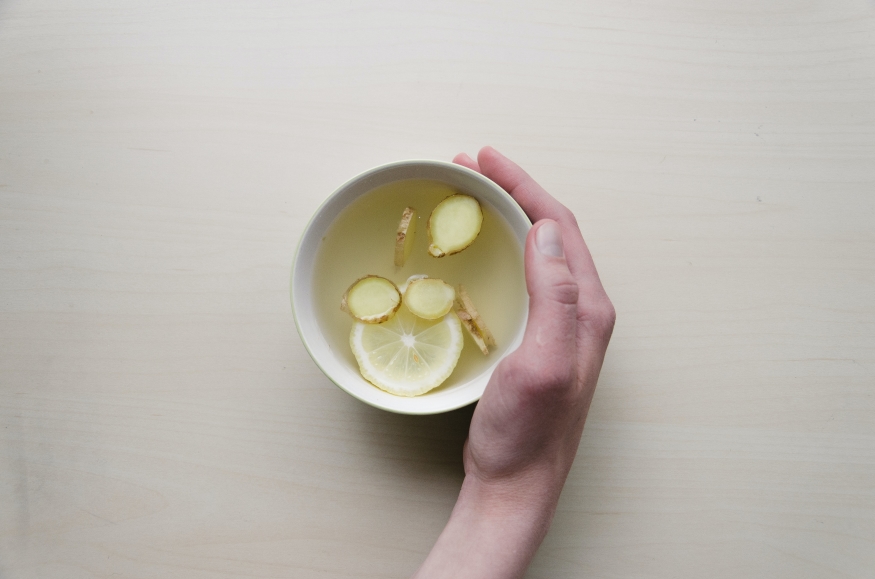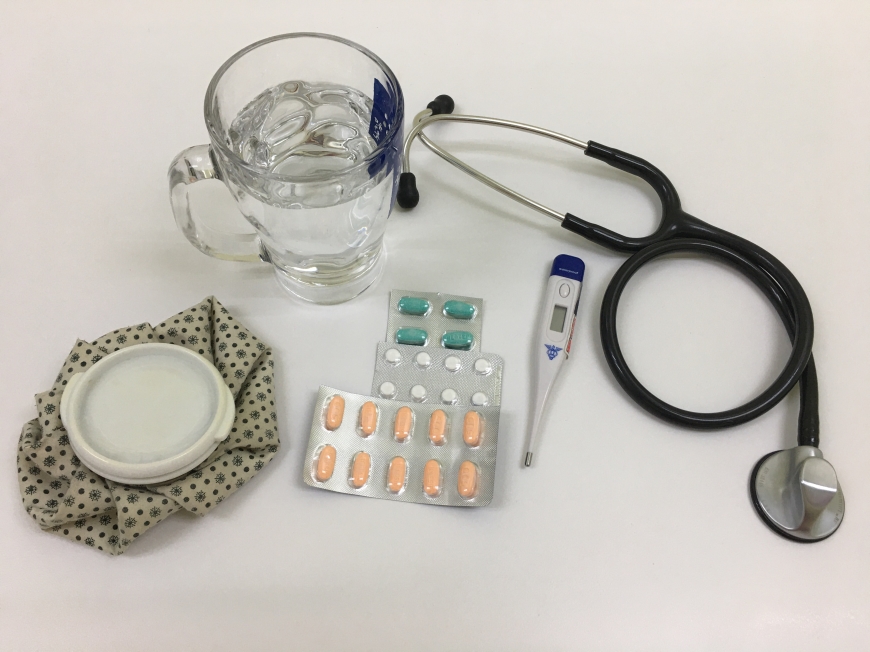Ayurvedic Oils for Skin Health

Skincare is an essential part of health and well being. Fortunately, You can find multiple over-the-counter serums and creams for skin health. However, many of these are contain chemicals and preservatives which can irritate your skin. Also, these do not easily break down and can harm the environment.
Ayurveda provides all-natural ingredients that works in harmony with both your body and the environment. These are local, ancient, tried and tested natural moisturisers. Above all, they rejuvenate, protect, and balance your skin if used over long term. Here are some examples which work specific to your skin type.
Oily Skin
Oily skin is a result of overly active sebaceous glands. These can be worsened with factors such as heat, humidity, and hormonal problems. Fortunately, regular use of certain oils can alleviate these symptoms.
Some of the best Ayurvedic products for oily skin include Clary Sage, Rosemary, Frankencise, Geranium and Neroli. Firstly, active compounds such as linalyl acetate and geranyl can control excessive sebum secretion. It also reduces acne and wrinkles in mature skin. These herbs can also be incorporated into a natural diet for oily skin.
Secondly, Rosemary oil anti-inflammatory, stimulating, and analgesic properties. The presence of esters also keeps off excessive sebum. Moreover, it can ward off dandruff, grease, and stimulate hair growth.
Thirdly, Neroli contains high citrol levels which can prevent dryness while reduces oiliness. Similarly, Geranium, which is an alkaline oil that balances out oil secretion with hydration levels. Along these lines, Frankencise not only alleviates oily and acne, but can also provide lipids for ageing skin. The best Ayurvedic face creams for oily skin will incorporate some of these natural substances.
Acne Prone Skin
Oiliness often leads to rashes and breakouts. This can also worsen with inflammation. Fortunately, rosemary and Frankencise can reduce microbial matter which reduces acne. Additionally, there are certain acne specific oils which can clear your skin. These include lemon, lemongrass, cinnamon and tea tree oils.
Lemon oil is extracted from the peel of the citrus fruit. It can reduce acne and photo ageing through fighting inflammation and free radicals. Similarly, lemongrass is an antimicrobial agent which gets rid of pimples and dead skin cells. Its natural astringent properties make it a natural moisturiser for oily skin.
Cinnamon and tea tree oils contain powerful anti-inflammatory effects. Cinnamon essential oil contains cinnamic acid, a powerful antioxidant compound which relieves cysts, nodes, and pulses. Likewise, tea tree oil works as an antiseptic which fights bacteria and inflammation.
Rash Prone Skin
Skin rashes often result in dry and itchy skin. This can further result in atopic dermatitis (eczema) and psoriasis. While lavender, cinnamon, and geranium oils can soothe rashes, these often only occur mildly with their main effect. In contrast, the oils of peppermint, eucalyptus, wintergreen and patchouli have prominent rash-relieving properties.
Peppermint tea is commonly used to cure headaches. This soothing effect, however, also applies to skin health. It provides an analgesic effect due to its menthol content, which can also cool down hot rashes. In the same vein, wintergreen contains methyl salicylate and can thus calm down painful skin rashes.
Eucalyptus and patchouli oils are helpful in treating pain and inflammation. Eucalyptus in particular provides moisture to skin which eases itchiness symptoms. On the other hand, patchouli is believed to be more useful for eczema rashes.
Using Essential Oils for Skin
Dermatologists often emphasise non being aware of one’s own skin types and allergies. Thus, any skin ailment may require a unique cure and requires expert advice. Nevertheless, as a general rule, oils are meant to be applied and not inhaled or ingested. Try using a patch test for specific oils if you are unsure of how the oil will effect your skin. Wait for 24 hours to observe an allergic reaction.
You can use these oils through diffusion, baths, or massages. Aromatherapy is a method of dispersing the flavours of such oils across a room. Secondly, massage oils can help the skin best through direct applications or massages. Be sure to first dilute it with a carrier oil such as almond or olive oil. Find our more about Ayurvedic massages, or Panchakarma, over here.
Takeaways
Essential oils contain a vast array of benefits for the skin. Their antimicrobial, antioxidant, and anti inflammatory properties can fight skin-based pathogens and microbes. Most importantly, these can help to defeat acne, oiliness, and rashes. However, it is essential that you consult your dermatologist as a precaution. Do not continue to use any oil which reacts adversely with your skin.








